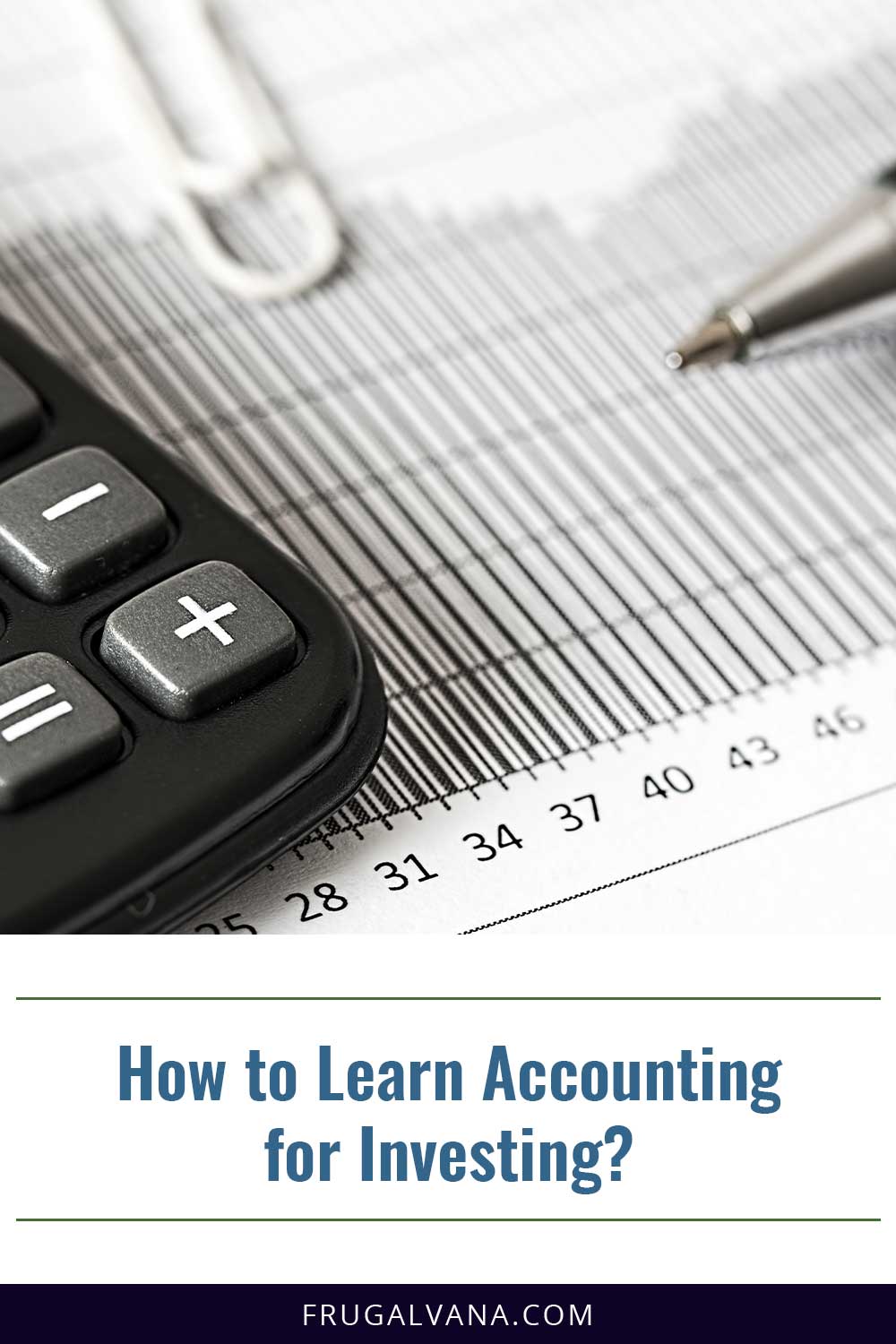Investing in stocks, bonds, or other financial assets can be an excellent way to grow your wealth over time. However, before you get into investing, it’s crucial to have a few solid skills, including an understanding of accounting principles.
Accounting is the language of business and finance, and friends are a framework for understanding the financial health of a company as well as an individual.
To make informed investment decisions, you need to be able to read those financial statements and understand key accounting concepts like revenue, expenses, assets, and liabilities.
We want to help you out, and that’s why in this article, we’re going to explore some practical tips for learning to account as it relates to investing.
This includes where to start, resources, and how to apply that knowledge once you’ve got it. So whether you’re a beginner or an experienced investor, we’re sure some information will help you.
Where Do You Start?
Learning any new skill is challenging, but it can be overwhelming when it has to do with math and new principles.
When people start, they have no idea where to start in the first place. So we have some key steps that we think might be advisable to start with the foundation of accounting knowledge.
- Before diving into the more complex topics and accounting, grasp the basics well. Understand the accounting equation, different types of accounts, and the three main financial statements.
- Then take time to read financial statements. Start by looking at financial statements and information from places and companies you’re interested in investing in. By doing this, you’ll be able to interpret the information and make better decisions.
- Take a look online. There are a lot of online courses that can teach the fundamentals of accounting. Look for courses that focus on accounting for investing instead of general accounting.
- Take a little trip to your local bookstore or library Or peruse there are many options with sections specifically dedicated to accounting principles and financial analysis.
- Lastly, you have to put what you’re learning into practice. So look at real-world examples and try understanding and practicing how to analyze them using the information you’re learning.
How Can You Learn More About It?
Whether you are looking for the basics or really diving deep into accounting for investing, there are several places you can go to find the information.
The truth is that learning about accounting for investing involves a combination of going education, practical application, and staying up to date with industry trends.
But even with that ever-moving flow of information, there are still some great places where you can start your journey:
- Seminars and webinars
- Advanced courses
- Join investment clubs
- Read financials and magazines
- Real-world examples
How Long Does It Take to Learn It?
The amount of time it will take to learn to account for investing can vary depending on many factors.
Some of these factors include whether you started with prior knowledge of accounting, the depth of knowledge you are looking to acquire, and the methods you’re using to learn the knowledge.
Starting from scratch with no prior knowledge of accounting, it may take several months to a year to gain the fundamentals of accounting. However, if you’re starting with some basic knowledge, it could take a much shorter period, maybe only a few months.
In the end, the amount of time it takes to learn this new skill will vary depending on the factors we discussed and your dedication to studying this skill.
When Is the Best Time to Start?
The best time to start, just like with anything else, is to start as soon as you become interested.
Regardless of whether you’re a beginner or an experienced investor having a good understanding of accounting principles can be invaluable when making investment decisions.
Accounting is a foundational skill that can be applied to finance and business, not just investing. So even if you don’t plan to become an investor, having a good understanding of accounting can help you manage your finances or work in other areas of finance.
In short, the best time to start learning to account for investing is now. The sooner you start, the more time you’ll have to develop and apply your skills to your investment strategies.
Final Thoughts on How to Learn Accounting for Investing
Learning to account for investing is a valuable skill that can help you make more informed decisions and avoid common mistakes. No matter your educational level, when it comes to this, there are many different options available to help you learn more before investing.
With dedication, practice, and ongoing education, you can build a solid foundation of accounting knowledge and apply it to your investment strategies.
We hope that the information we have given has helped start you down the path to acquiring all the knowledge you need to make those sound investments.

